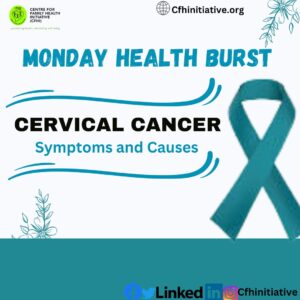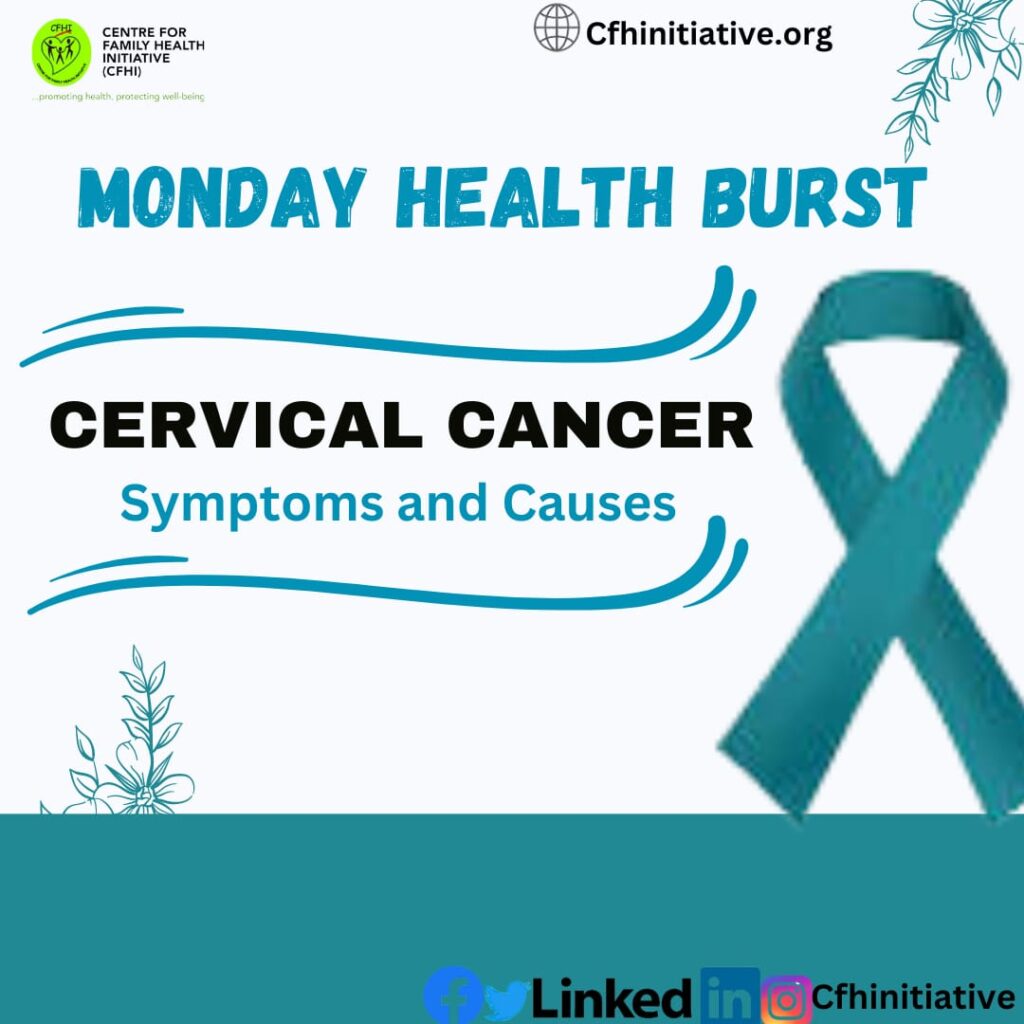According to Human Papillomavirus Information Centre in 2021, about 12,075 Nigerian women are diagnosed with cervical cancer and 7,968 die from the disease yearly.
Cervical cancer is a type of cancer that occurs in the cells of the cervix — the lower part of the uterus that connects to the vagina.
Human papillomaviruses (HPV), an incredibly prevalent virus spread through sexual contact, are associated with 99% of cervical cancer occurrences.
Although the majority of HPV infections are self-limiting and symptomless, persistent infections can lead to cervical cancer in females.
Early-stage cervical cancer has no symptoms, but when it progresses, one may experience the following:
* Vaginal bleeding following sex, during menstruation, or after menopause.
* Watery, bloody vaginal discharge that may be heavy and have an offensive odor.
* Pelvic pain or discomfort during sexual activity.
Although the exact cause of cervical cancer is unknown, HPV is undoubtedly a factor.(Mayo Clinic). Majority of HPV-positive people do not go on to develop cancer, and this indicates that in addition to genetics, your environment and lifestyle choices are also a determining factor.
Some of the risk factors are; having many sexual partners, early sexual activity, a weakened immune system, smoking, exposure to miscarriage, prevention drug and other sexually transmitted infections such as Chlamydia, gonorrhea, syphilis and HIV.
Regular screenings are recommended for early detection. Finally, governments are urged to ensure vaccine equity and the elimination of cervical cancer as a public health problem.
#MondayHealthBurst #Cervicalcancer #WeCanEndCervicalCancer



